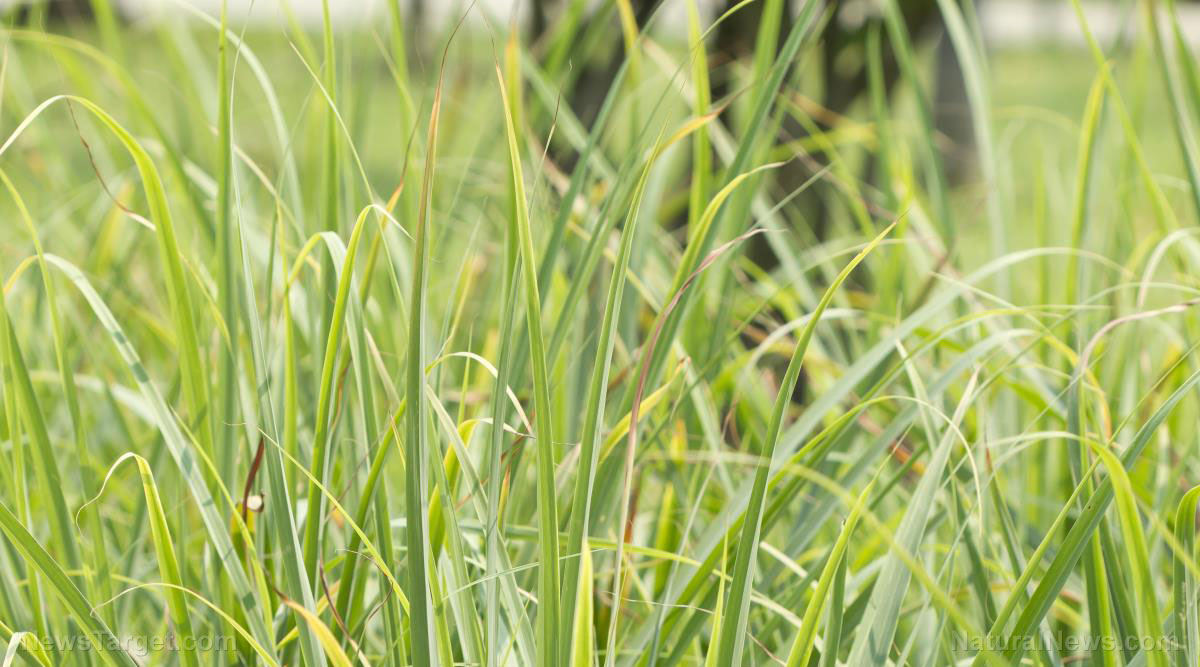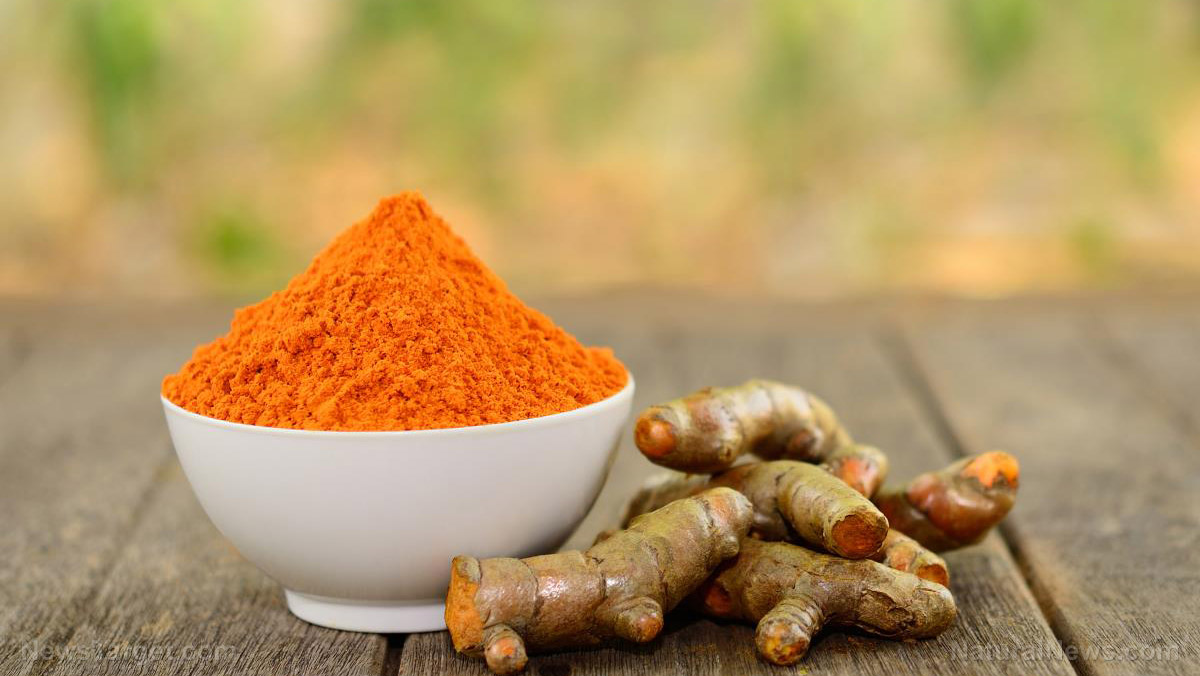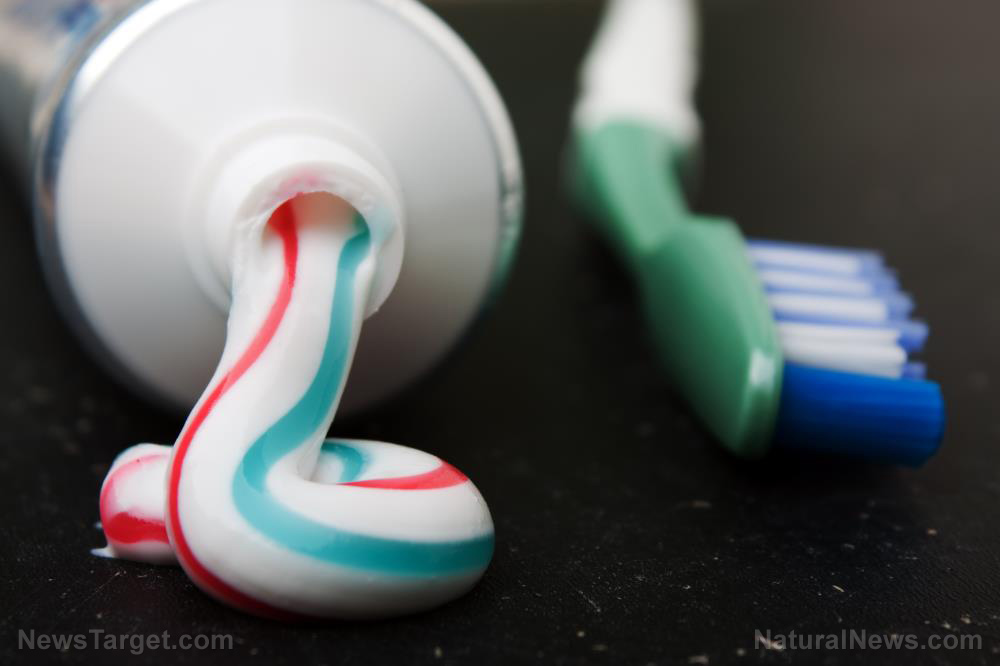The scent of health and happiness: Why you should start smelling your coffee
10/03/2018 / By Frances Bloomfield

The benefits of drinking coffee are well-known and many. But what about smelling it? As it turns out, your daily cup of joe isn’t just good to drink: simply taking a whiff can be beneficial, too.
Perk yourself up with a cup
The scent of freshly brewed coffee is a truly soothing aroma. In fact, researchers from Seoul National University believe that this distinct smell may actually reduce your stress levels. To arrive at this conclusion, the research team exposed sleep-deprived, stressed-out rats to the aroma of coffee beans then analyzed their brain tissue. Additional analyses were also performed on stressed rats that hadn’t been exposed to the coffee bean smell.
They discovered that the two groups expressed certain genes differently. Of the 13 select genes of the coffee group, 11 had higher expression levels and the other two were much lower. The researchers further noted that several of the expressed genes and proteins possess anti-stress or antioxidant functions. Although the study focused exclusively on stress brought on by the lack of sleep, it nonetheless shows that sniffing coffee can indeed help you out when you’ve had a sleepless night.
Sure, coffee can give your relaxation levels a boost, but what about your brain? According to a relatively recent study, the scent of coffee is an excellent productivity enhancer. The researchers behind this study first recruited 114 undergraduate business students and tasked them with answering a 10-question algebra test. While one group took the exam in a normal room, the other was placed in a room that had an electric diffuser filling it with a coffee smell. Those in the latter room scored much higher than the participants who weren’t exposed to the scent. (Related: Drinking coffee can help protect healthy brain function as you age)
Mother Nature's micronutrient secret: Organic Broccoli Sprout Capsules now available, delivering 280mg of high-density nutrition, including the extraordinary "sulforaphane" and "glucosinolate" nutrients found only in cruciferous healing foods. Every lot laboratory tested. See availability here.
Participants from the coffee room explained to the researchers that being surrounded by the smell of coffee empowered them. So much so that they felt as though they could better focus on the test at hand.
As aromatherapy has shown, smells are powerful and the aroma of coffee is especially effective. From eliciting feelings of calm to waking up your brain, these are solid reasons to liberally get a whiff of your favorite cuppa.
Make your coffee even healthier
Of course, you won’t just stop at savoring that coffee smell. Once you’ve brewed a cup, you’re going to enjoy it. But while sipping coffee can lower your risk of numerous health conditions, you can make it better with some extra ingredients. These are various add-ins that will improve your coffee:
- Cayenne: Fans of heat will be happy to know that cayenne goes well with coffee. In addition to bringing spice to your morning, cayenne can help you manage whatever digestion issues and circulatory problems you may have.
- Coconut oil: Do you prefer a sweeter cup? Then put those artificial sweeteners away and use the creamy goodness that is coconut oil instead. Some experts believe that coconut oil can aid you in your weight loss goals and may even lessen your risk of Alzheimer’s disease.
- Cinnamon: If you’re not fond of coconut oil, then cinnamon is another delicious sweetener substitute. Just a pinch can make a world of difference in flavor. Plus, cinnamon can lower your blood sugar levels and make you less susceptible to heart disease.
- Oats: Make your coffee more substantial by including it in a jar of overnight oats. You’ll get a complete breakfast that contains all the fiber and minerals of oats.
Visit FoodScience.news to read up on even more foods that are good for your health.
Sources include:
Eversys.com [PDF]
Tagged Under: brain health, coffee, coffee and health, coffee benefits, coffee health benefits, happiness, Health and Wellness, mental health, smell coffee, stress




















